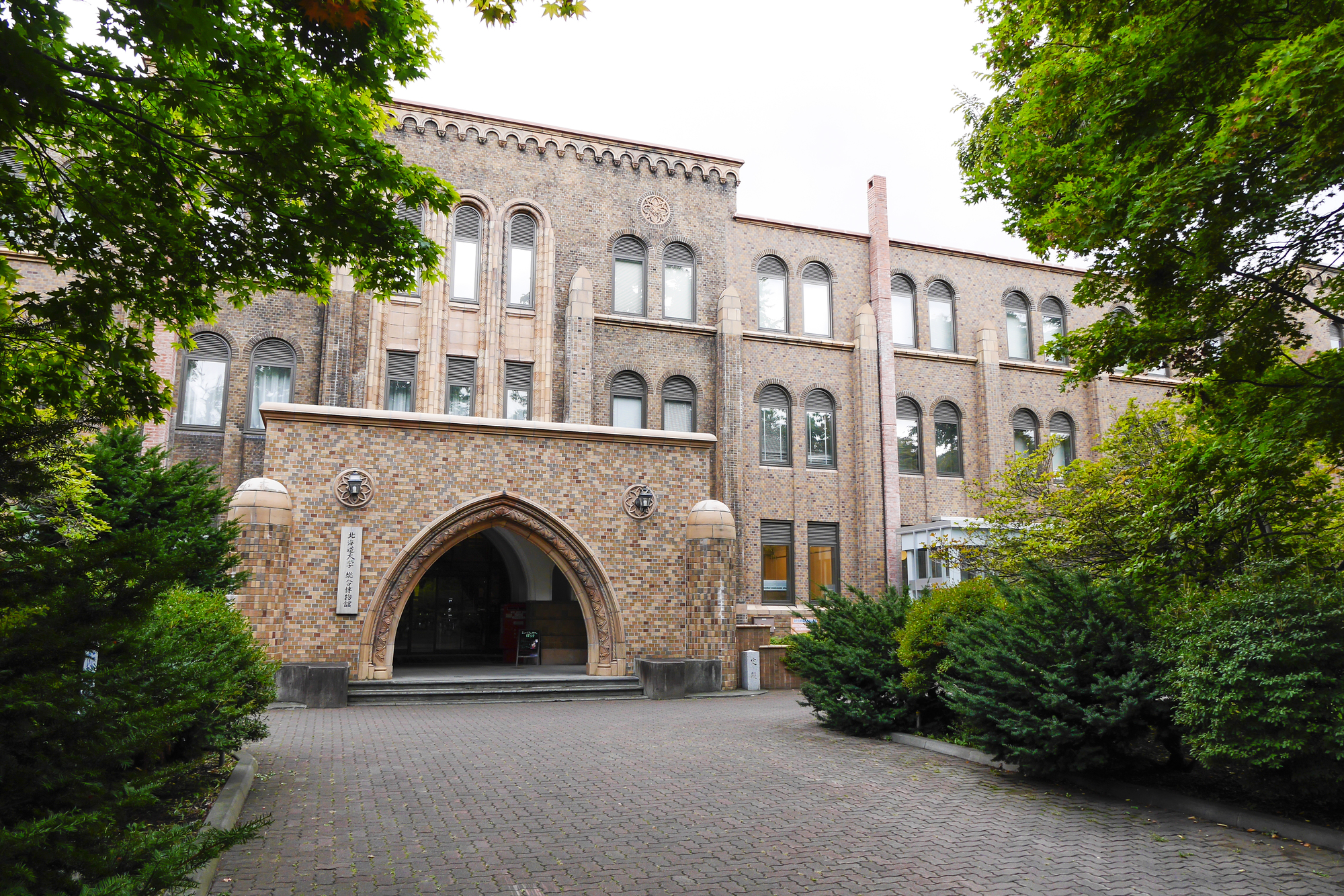A joint study between Hiroshima University and Hokkaido University revealed that the addition of winter-sleeping Tsukinowaguma serum to cultured human skeletal muscle cells increases the total protein content of skeletal muscle cells.
In humans, in an inactive state such as bedridden, the amount of skeletal muscle protein decreases at a rate of about 1-0.5% per day, and the deterioration of physical function progresses.On the other hand, it has been reported that, strangely, in hibernating animals, the size of muscles and the muscle strength exerted before and after hibernation do not change at all, or even if they decrease, they remain in a very slight range.
In order to clarify the unexplained muscle mass maintenance mechanism, which can be said to be resistance to atrophy of skeletal muscle in hibernating animals, in this study, we conducted an experiment in which human skeletal muscle cells were cultured together with serum collected during hibernation from the hibernating animal Tsukinowaguma. gone.As a result, it was found that the addition of hibernating Asiatic black bear serum increased the total amount of protein constituting muscle in human skeletal muscle cultured cells, which was similar to the effect of muscle training.
It has also been shown that this increase in total protein content in skeletal muscle cells may be achieved by the addition of hibernating bear serum involved in the regulation of the muscle protein synthesis system or by suppressing the muscle proteolytic system. It is supposed to be.
The results of this study suggest a part of the adaptive system of hibernating animals that have experienced long-term inactivity and malnutrition and still have muscle weakness."Some factors" that are present in hibernating bear serum and are thought to control protein metabolism of skeletal muscle cells and contribute to muscle mass maintenance have not yet been identified, but in the future, "not used" possessed by hibernating animals. Elucidation of the mechanism of "muscles that do not weaken" may lead to the development of effective rehabilitation methods and prevention of bedridden humans.
Paper information:[PLOS ONE] Supplementing cultured human myotubes with hibernating bearserum results in increased protein content by modulating Akt / FOXO3a signaling


